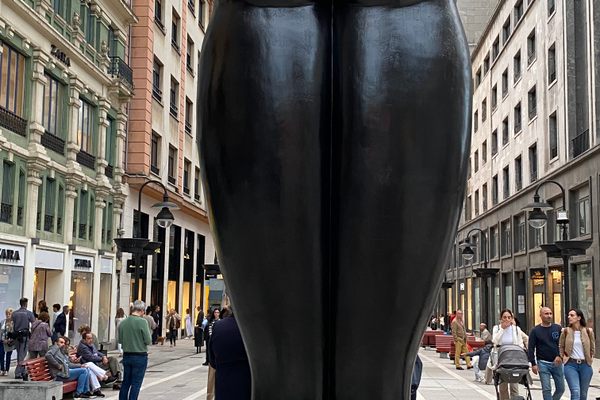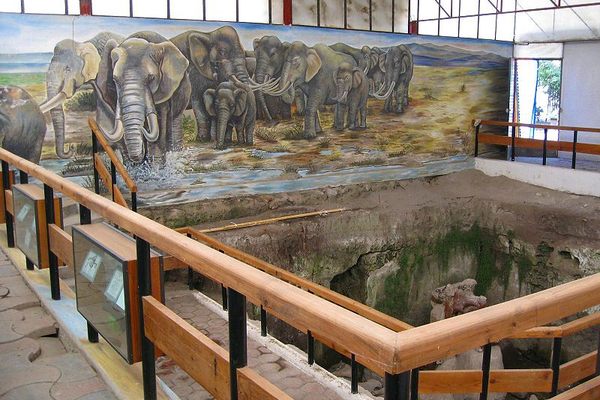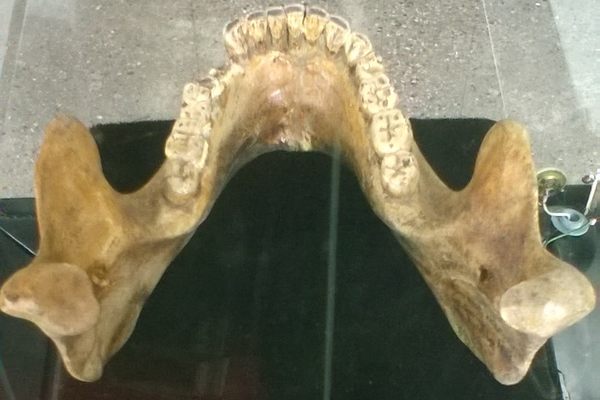El Sidrón Neanderthal Bones
It's believed these prehistoric individuals were the victims of cannibalism.
Looking at these bones can be a bit unsettling, and not just because they’re remnants of an extinct species of archaic humans. What’s most disturbing about these Neanderthal bone fragments is that they belonged to individuals who were the victim of cannibalism.
The remains of a dozen individuals were found in El Sidrón, a cave. Their discovery wasn’t a huge surprise—Asturias is, after all, a region rich with hints of Neanderthal’s presence. What was a surprise, however, was the realization that these long-dead individuals had likely been cannibalized.
The bones were all found in a tiny compartment nicknamed the “Tunnel of Bones,” though it’s believed the Neanderthals did not die there. Their bones are scarred with slice marks, possibly caused by someone butchering the corpses, and the longer bones were cracked open, likely so an eater could access the marrow.
What motivated the cannibalism is unknown, though anthropologists and archaeologists have proposed two theories. Some believe malnourished members of the group ate their peers in some sort of ritualized consumption, brought on by the Ice Age’s extreme environmental conditions. An alternative hypothesis is that they were murdered and devoured by a rival group during a period of war or because of starvation from a lack of game to hunt.
Know Before You Go
You can find the Neanderthal bones next to a life-sized model of a Neanderthal on the second floor of the Archeological Museum of Oviedo. The museum is open from 9:30 a.m. to 8:00 p.m. Wednesday through Friday (it's closed Mondays and Tuesdays) and from 9:30 a.m. to 3:00 p.m. on weekends. Entrance is free
Plan Your Trip
The Atlas Obscura Podcast is Back!



















Follow us on Twitter to get the latest on the world's hidden wonders.
Like us on Facebook to get the latest on the world's hidden wonders.
Follow us on Twitter Like us on Facebook